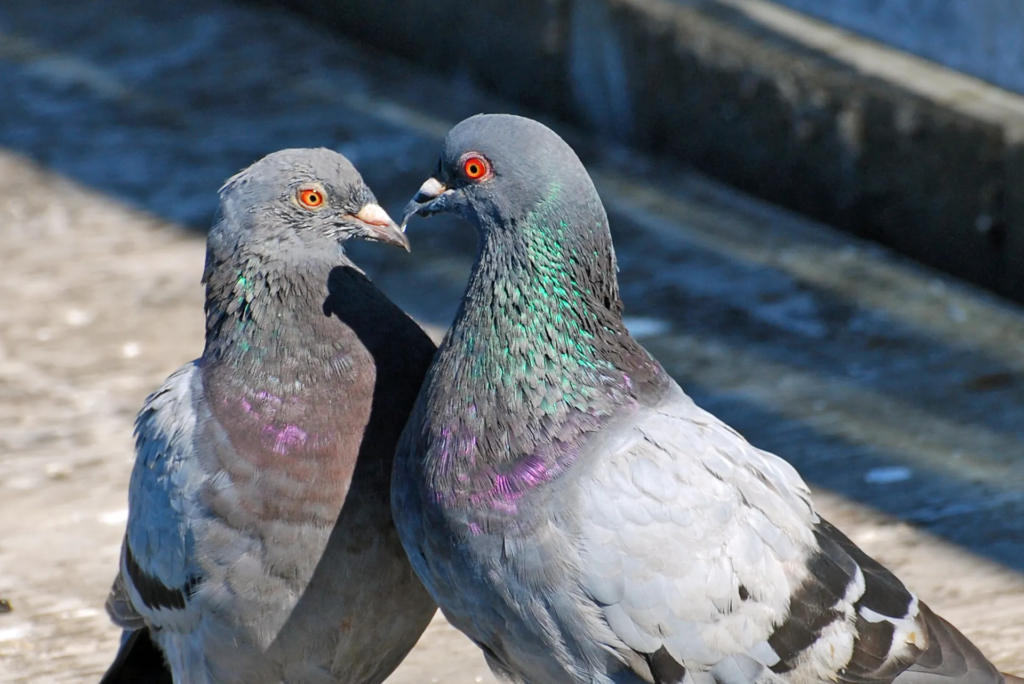
Renowned cricket commentator Harsha Bhogle, known for his insightful analysis of the game, recently took an unexpected turn on social media by addressing a rather unconventional topic – the health hazards associated with feeding pigeons. In response to a post cautioning against pigeon feeding due to the potential respiratory risks, Bhogle echoed the sentiment, emphasizing the serious menace these birds pose to human health.
Bhogle’s unexpected post gained traction amid his regular updates on the India vs. England cricket series. He urged followers to reconsider their actions, stating, “Absolutely. Please, please, stop feeding pigeons. They are a menace to health.”

The concern over pigeon-related health risks is not unfounded, as highlighted by health experts. Pigeon droppings and feathers have been linked to various respiratory diseases, including psittacosis, an infectious flu-like illness caused by the bacteria Chlamydia psittaci. Furthermore, bird breeder’s lung, a type of hypersensitivity pneumonitis, can result from exposure to antigens present in bird droppings, leading to symptoms such as shortness of breath and cough.
Recent reports underscore the severity of health issues associated with pigeon droppings. Instances of chronic hypersensitivity pneumonitis, also known as environment-related lung fibrosis, have been documented, necessitating lung transplants for affected individuals.

Healthcare professionals stress the importance of avoiding unnecessary exposure to large accumulations of pigeon droppings, as they can carry harmful microorganisms. The acidic nature of pigeon excreta poses a threat not only to human health but also to buildings and monuments, causing damage over time.
Dr. Vikas Murya, Director & HOD of Pulmonology at Fortis Hospital Shalimar Bagh, emphasized the need to curb the breeding of pigeons, attributing the rise in hypersensitivity pneumonitis cases in India to bird breeders, particularly pigeons.

Dr. Arjun Khanna, Head of the Department of Pulmonary Medicine at Amrita Hospital, Faridabad, pointed out the health hazards posed by pigeon fur, feathers, and excreta, contributing to lung diseases and exacerbating airway allergies.

Additionally, Dr. Shuchin Bajaj, Founder & Director of Ujala Cygnus Group of Hospitals, highlighted the presence of microbes like bacteria, fungi, and viruses in pigeon droppings. The potential lung damage arises from the fungus Histoplasma capsulatum, found in pigeon droppings, causing a lung infection known as histoplasmosis.

Experts unanimously advise taking precautions, such as installing pigeon-resistant nets and avoiding prolonged exposure to pigeon droppings, especially in enclosed or poorly ventilated areas. Early intervention is crucial for treating hypersensitivity pneumonitis, as chronic cases may lead to irreversible lung damage and respiratory failure.

As awareness grows about the risks associated with pigeon feeding, there is a call to cease this practice in public places. Individuals experiencing respiratory symptoms are urged to consult a doctor promptly for early intervention and treatment. Harsha Bhogle’s unexpected advocacy for public health serves as a timely reminder to reevaluate seemingly harmless actions that may have detrimental consequences on our well-being.
